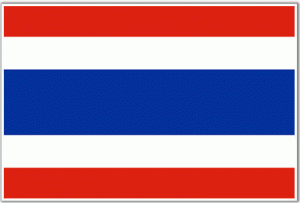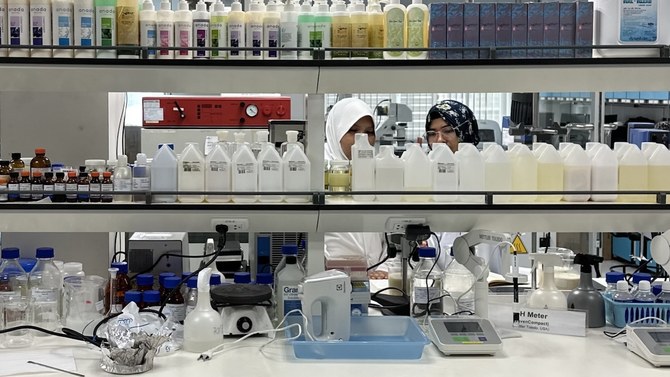The Islamic Bank of Thailand will set aside 2.4 billion baht next
year to help finance halal food businesses, according to managing
director Dheerasak Suwannayos.
The budget is part of a total of 6.4 billion baht that the bank
plans to lend next year, almost double this year’s target of 3.3
billion.
About 1.4 billion baht out of the 2009 budget will be provided
to small and medium enterprises (SMEs), with another 2.6 billion
allotted to corporate and consumer hire-purchase products.
“We will expand the loan budget next year as we want to
increase liquidity for the business sector, as operators still need
access to financial sources in order to expand their businesses
further,” Mr Dheerasak said.
The bank has seen strong potential to increase exports of
Thai-made halal products, he said, at the Bangkok Global Halal
Conference 2008 held yesterday.
Mr Dheerasak added that the loan expansion would also benefit
the bank. “This six-billion-baht budget together with new strategies
and an image revamp plan will also help raise the bank’s asset value to
20 billion baht in 2009 from 16 billion at present.”
The new strategies include its setting up new divisions for
niche customers, each of which needs different financial packages and
services.
“The new divisions will be monitoring and providing suitable
financial products to corporate, halal businesses, Islamic SMEs,
Islamic hire-purchase and consumer finance. We also plan to open eight
more branches around the country to be closer to our clients,” he said.
The bank plans to focus on becoming more of a business adviser
to its clients and is currently recruiting 100 more personnel to
accommodate its growth plan.
Meanwhile, the Islamic Bank also hopes that its advisory
service will be able to play a significant role in improving halal food
industrial standards in Thailand.
“Although [the halal food sector] has a lot of potential as our
producers here are making good-quality products, the different
standards used in each country in halal food processing are still a
concern. We may meet standards here but do not meet [standards]
elsewhere,” he said.



